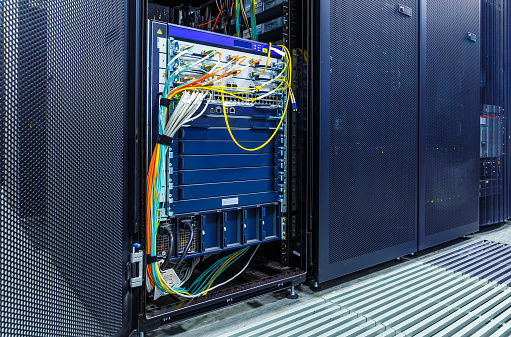There has been a lot of debate as to what your hardware refresh cycle should look like. The answer tends to fall somewhere in the 2 – 4 year range, with recommendations from hardware manufacturers leaning more towards a shorter cycle. But there is no one right answer to this question.
There are actually a few questions you need to ask in order to figure out what best suits your business:
- What do you need your computers to do? – If your employees routinely have multiple programs and applications running at the same time, system speed is important. The heavier a computer’s typical workload is, the shorter its ideal lifespan.
- What is the productivity cost of not upgrading? – Waiting longer to replace older systems saves money, but saving money at the expense of employee productivity could be more costly in the long run. If your staff is forever waiting on lagging software to load so that they can complete basic tasks, it has the potential to affect your business as a whole.
- What are you willing to spend on support costs? – The older a piece of hardware is, the more maintenance and upkeep is required to keep it running. More than just the hardware itself failing, there is also the cost and hassle of maintaining multiple versions of operating systems and software. Deciding how long you’re willing to juggle these costs is a big factor in figuring out what your refresh cycle should look like.
Some of the cost of upgrading can be offset by choosing lower-end hardware in situations where you know your refresh cycle will be shorter. If you know you can use a cheaper option without it impacting productivity, settling isn’t necessarily a bad thing. It’s all about getting the most out of your business’ technology budget.
Have questions about your business’ hardware refresh cycle? Contact us at info@computerhelpla.com or (310) 893-0878. We’re the trusted IT experts for businesses in Los Angeles.
